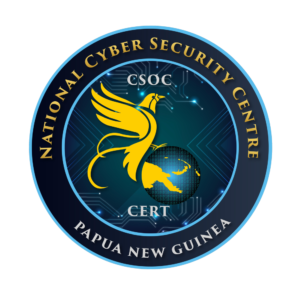- Introduction
- Who would benefit from having access to your organisation’s information?
- What would a serious cyber security incident cost your organisation?
- Does your organisation foster a strong cyber security culture?
- Does your organisation do the best it can to defend itself?
- Has your organisation applied the Essential Eight?
- Further information
Introduction #
Cyber threats to organisations are becoming increasingly sophisticated and targeted. Information that organisation’s hold or have access to, if compromised, can provide adversaries with significant political, military or economic gains. Below are five questions on cyber security Executives should be able to answer.
Who would benefit from having access to your organisation’s information? #
Information is valuable. There are many adversaries who would benefit from having access to your organisation’s information. Have you identified critical information of which the confidentiality, integrity and availability is essential to the function of your organisation? Consider not only the value of individual records but also the aggregated value of your information holdings.
What would a serious cyber security incident cost your organisation? #
A cyber security incident could affect business continuity. Good cyber security can help avoid direct costs of remediation activities, but also indirect costs such as downtime, lost productivity, and loss of reputation and consumer confidence in your organisation. If information such as customer records, financial data and intellectual property were stolen, could you quickly and accurately determine what was lost? What if you had to take a system offline to conduct a forensic or legal investigation?
Does your organisation foster a strong cyber security culture? #
Ongoing staff education and engagement is important. It only takes one malicious email attachment to be opened or one malicious website to be accessed to potentially compromise your entire organisation. Responsibility for protecting your organisation’s information should be shared amongst all staff and not left to a single individual or team. Effectively trained and engaged staff who care about protecting the organisation and its information will facilitate a strong cyber security culture.
Does your organisation do the best it can to defend itself? #
Cyber security is an ongoing process, not a product. To assist in defending your organisation against cyber threats, have you implemented appropriate cyber security governance, risk management, incident response and business continuity frameworks? There is no silver bullet for cyber security, neither individual security products nor cyber insurance are complete solutions.
Has your organisation applied the Essential Eight? #
Help is at hand. The Strategies to Mitigate Cyber Security Incidents is a prioritised list of mitigation strategies to assist organisations in protecting their systems against a range of cyber threats. The mitigation strategies can be customised based on your organisation’s risk profile and the cyber threats that you are most concerned about.
While no set of mitigation strategies are guaranteed to protect against all cyber threats, organisations are recommended to implement eight essential mitigation strategies as a baseline. This baseline, known as the Essential Eight, makes it much harder for adversaries to compromise systems.
Further information #
The Information Security Manual is a cyber security framework that organisations can apply to protect their systems and data from cyber threats. The advice in the Strategies to Mitigate Cyber Security Incidents, along with its Essential Eight, complements this framework.



